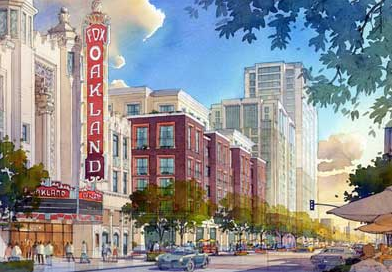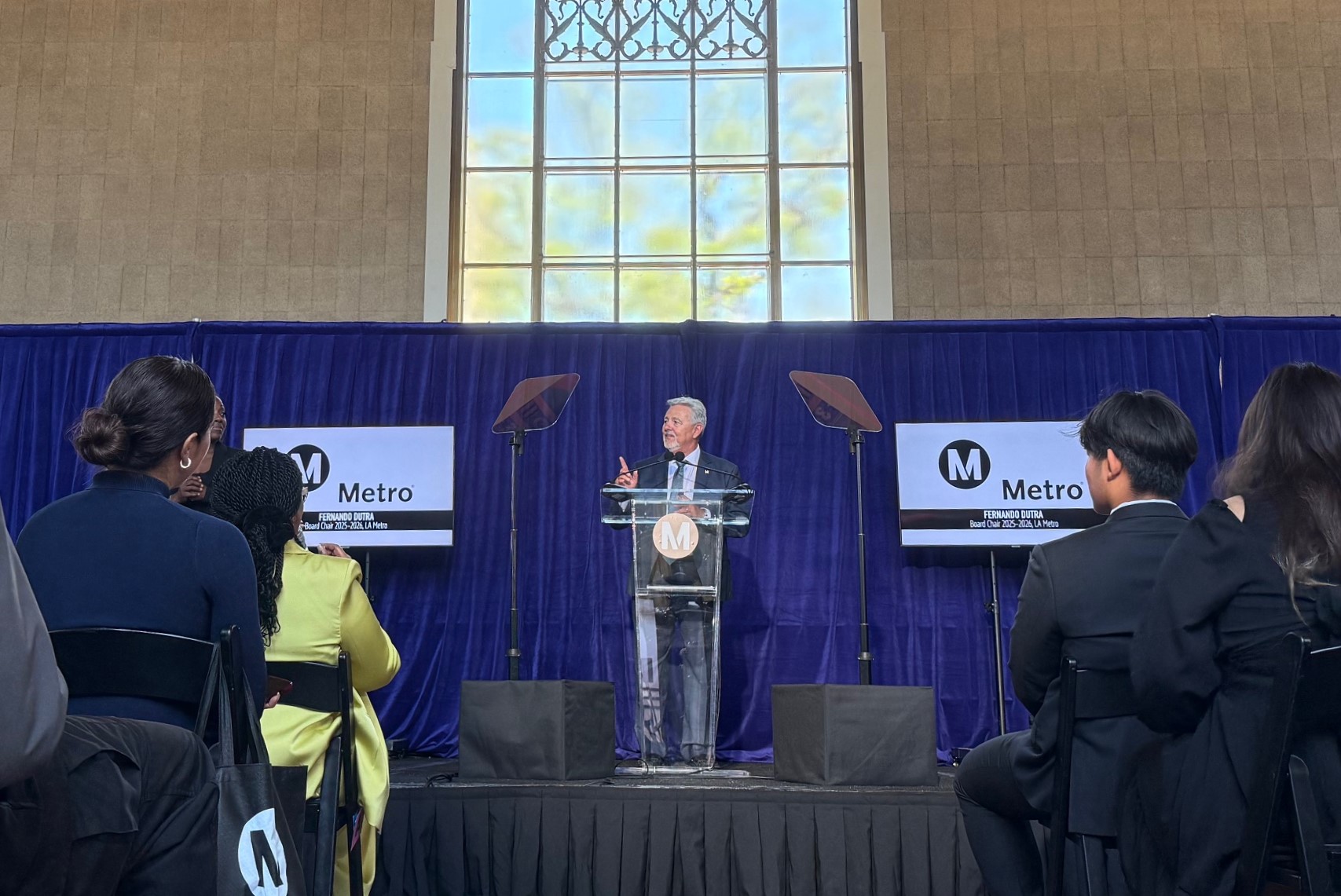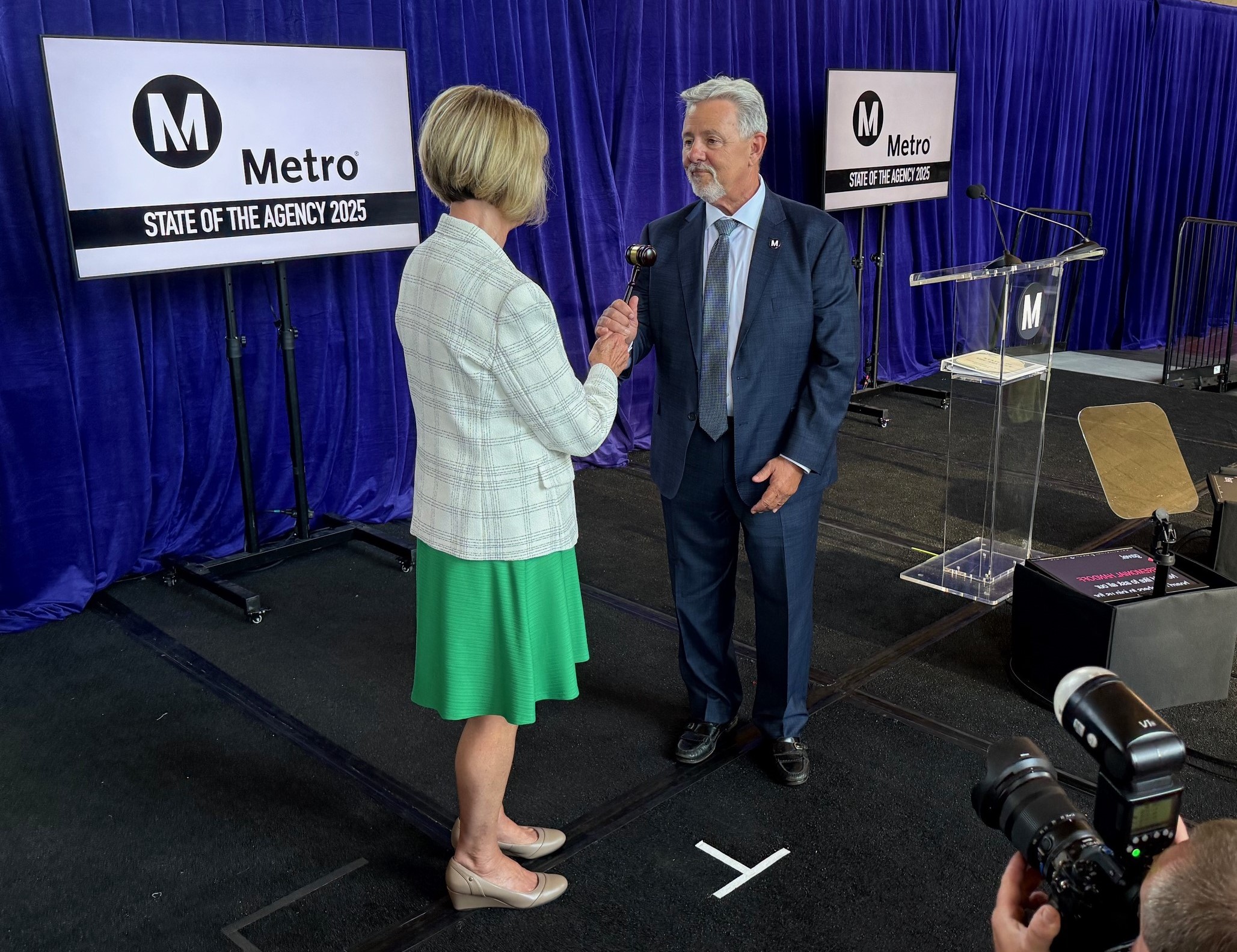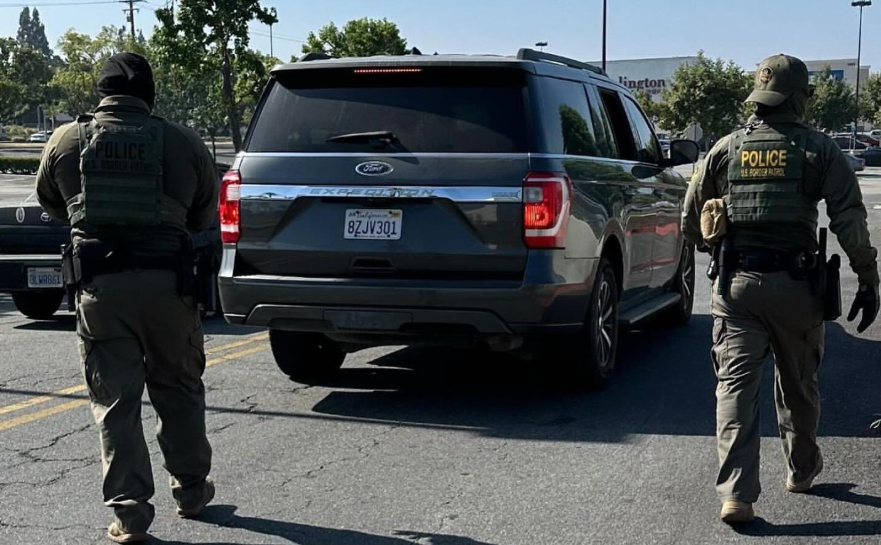Earlier today, A.B. 710, the Infill Development and Sustainable Community Act of 2011, sailed through a hearing of the California State Assembly Committee on Housing and Community Development. If adopted, A.B. 710 would drop minimum parking requirements for infill development in "transit intensive areas" down to one car per residential unit or per 1,000 square feet of retail space. Infill development is any new project that is built on a currently unoccupied space.

The only Assembly Member to speak on the legislation was Nancy Skinner (D-Berkeley), who authored the legislation. Also testifying in favor were Meea Kang, from the California Infill Developers Association, Mark Christian from the American Institute of Architects, Ethan Elkind, a researcher with UCLA and Cal-Berkley, and Christine Minnehan representing both the Western Center for Law and Poverty and California Rural Legal Assistance Foundation. The NRDC, Policy in Motion, Creative Housing Associates and California Infill Builder’s Association also voiced support for the proposal.
Kang commented that reducing the parking requirements will make it easier and less expensive for developers to invest in transit oriented communities. Another developer testified that he spends "90% of his time" figuring out the parking for new development and 10% on the other community benefits.
While Minnehan recognized the importance of reforming the state's parking requirements, she expressed the same concerns that Public Counsel expressed to Streetsblog last week. First, A.B. 710, as written, undermines existing legislation that encourages developers to include a 5% set-aside for affordable housing in exchange for reduced parking minimums in some circumstances. Second, Minnehan worried that by making it less expensive to develop near transit that many rent-controlled units in urban areas would be demolished to make way for more expensive development.
Skinner touted her record supporting affordable housing and vowed to make sure her legislation doesn't have any unintended consequences. Earlier this week, she accepted an amendment that limits the scope of A.B. 71 by narrowly defining "transit intensive area."
"transit intensive area" means an area that is within one-half mile of a major transit stop or high-quality transit corridor included in a regional transportation plan. A major transit stop is as defined in Section 21064.3 of the Public Resources Code, except that, for purposes of this section, it also includes major transit stops that are included in the applicable regional transportation plan. For purposes of this section, a high-quality transit corridor means a corridor with fixed route bus service with service intervals no longer than 15 minutes during peak commute hours. A project shall be considered to be within one-half mile of a major transit stop or high-quality transit corridor if all parcels within the project have no more than 25 percent of their area farther than one-half mile from the stop or corridor and if not more than 10 percent of the residential units or 100 units, whichever is less, in the project are farther than one-half mile from the stop or corridor.
All four Committee members present, Chair Norma J. Torres, Vice Chair Toni Atkins and Members Steven Bradford and Ben Hueso voted to advance the legislation.






